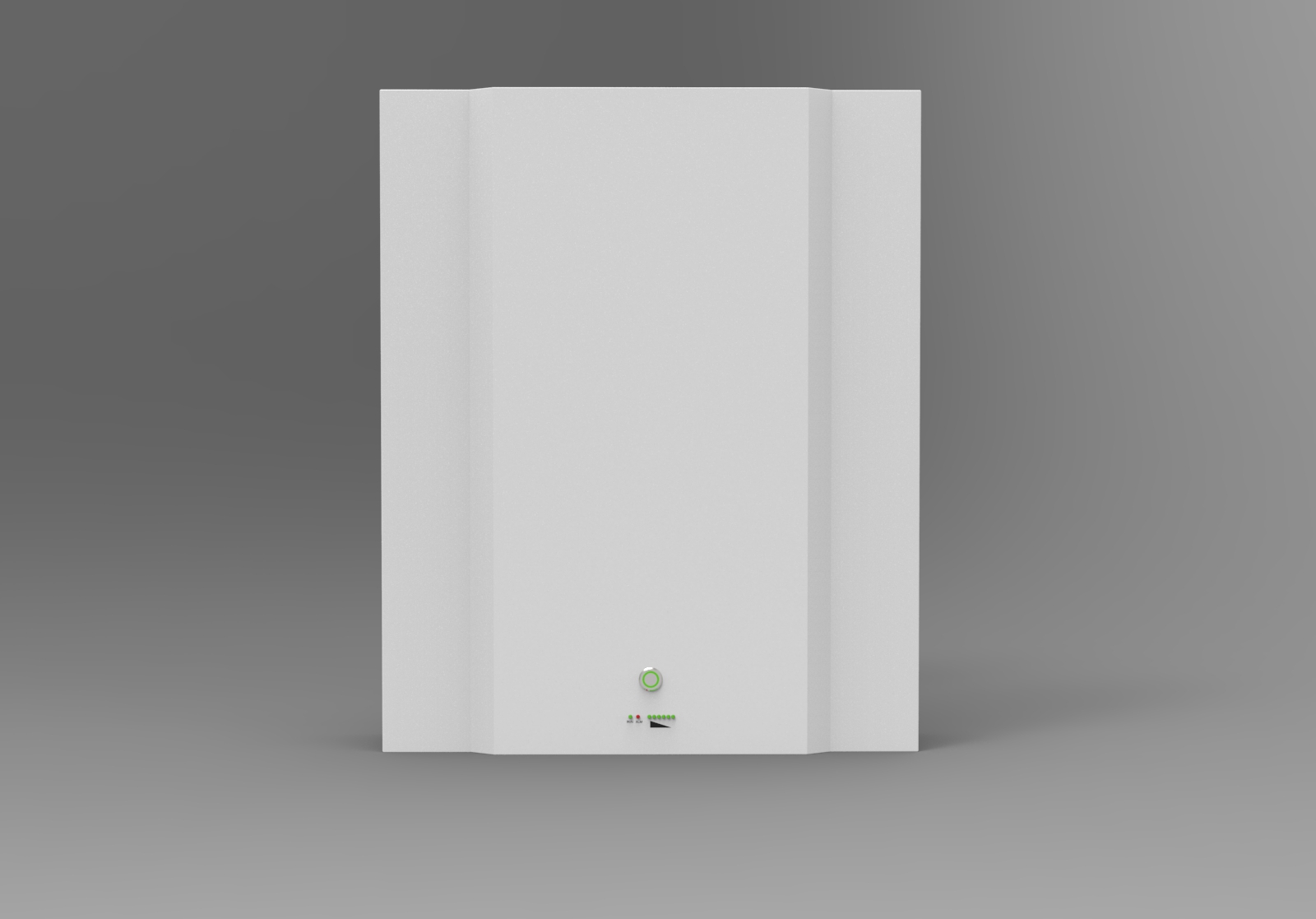Activate Your System: Why do solar panels need batteries?
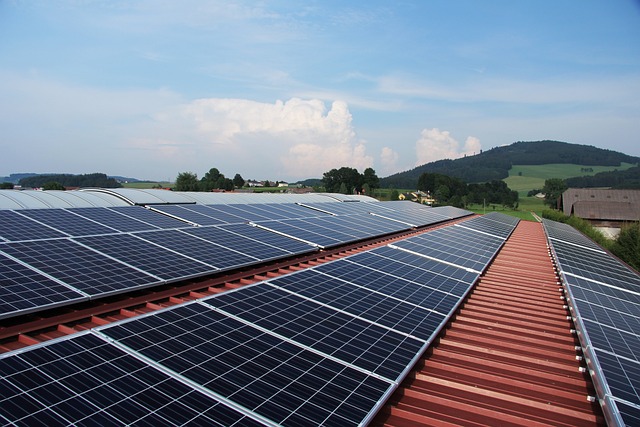
As the world makes a collective effort to reduce its carbon footprint, solar energy has become an increasingly popular choice for powering homes and businesses. But have you ever wondered why many solar panel systems come with batteries? It’s because they are essential components of any effective system that can help provide clean, reliable electricity even when the sun isn’t shining. As a solar energy expert, I am here to explain why these batteries play such a critical role in maximizing efficiency and providing users with greater control over their power supply.
The primary purpose of solar panels is to capture sunlight and convert it into usable electricity. When properly installed, they can produce enough electricity throughout the day to meet your energy needs without resorting to traditional utility sources like coal or natural gas. However, most times this stored electrical energy cannot be used immediately due to fluctuations in demand from appliances or other uses. This is where having a battery comes in handy; storing excess energy produced during peak hours helps ensure that there will always be some reserve available whenever you need it - regardless of what time of day it is.
Moreover, since batteries allow users to store up electric power for later use, they give homeowners more control over how much electricity they consume each month. By taking advantage of lower rate periods or off-peak discounts offered by utility companies, savvy consumers can save money while still meeting all their energy needs at their convenience - something that simply wouldn’t be possible without batteries! Ultimately, combining solar panels with well-designed storage solutions allows households and businesses alike to optimize their production and consumption on the way toward achieving complete self-sufficiency.
Definition Of Solar Panels
Have you ever wondered how solar panels work? Solar panels, also referred to as photovoltaic cells or PV cells, are devices that capture energy from the sun and convert it into electrical power. This renewable source of energy is then used to generate electricity for homes and businesses. But why do these solar panels need batteries?
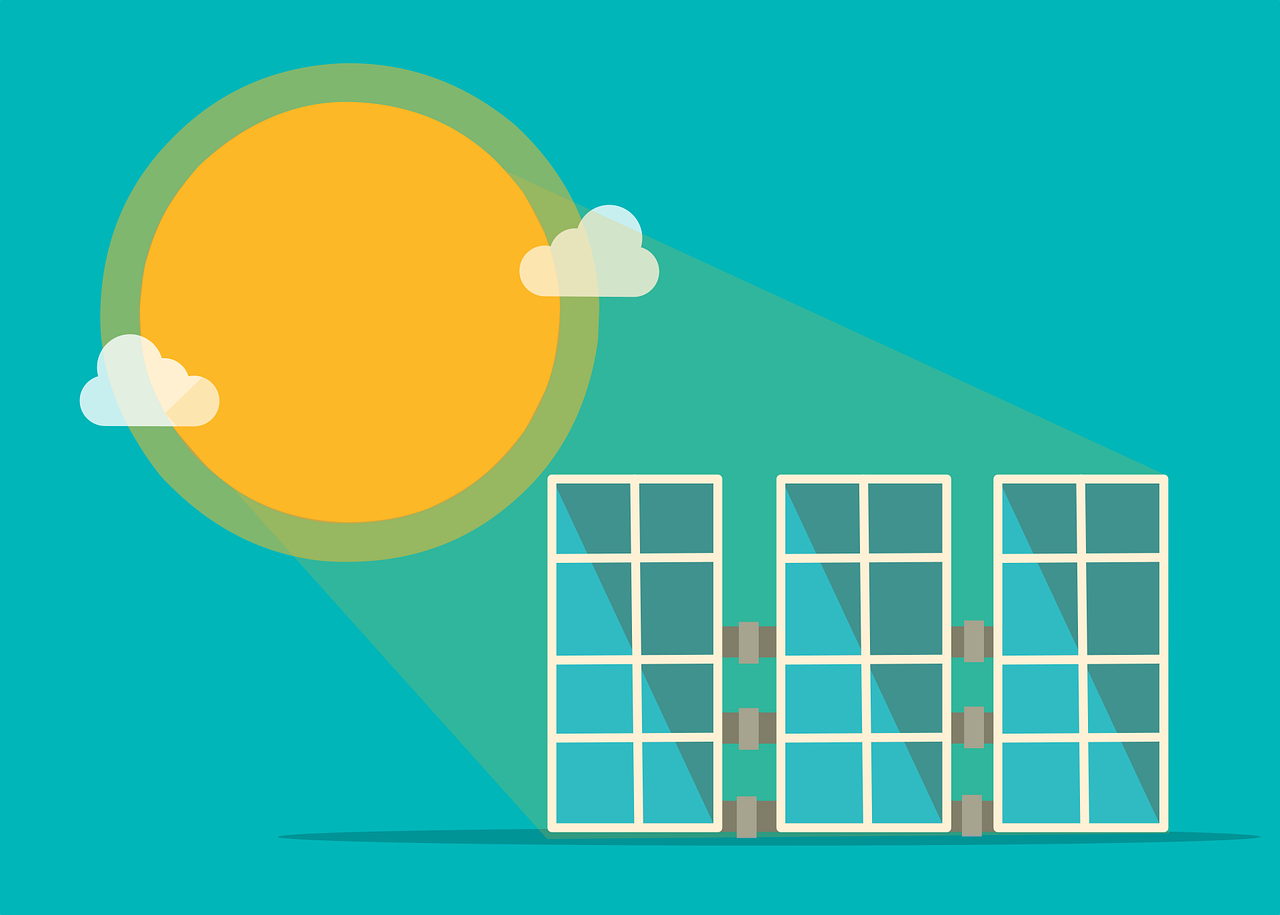
A solar panel consists of multiple photovoltaic cells linked together in an array. These small wafers absorb photons of light from the sun's rays and produce a direct current (DC) electric charge when exposed to sunlight. This DC charge can be converted into alternating current (AC) through the use of inverters, giving us usable forms of energy such as heat and electricity that we can store in batteries.
Batteries provide an important role in solar power systems by storing extra energy produced during peak hours so that it’s available for later use. Without them, any excess energy generated would simply go unused since most grids aren't able to accommodate all incoming power sources at once. Batteries allow users to access their stored energy whenever they want without having to rely on external sources like utility companies. In this way, homeowners with solar-powered systems gain greater control over their own electricity usage and production cycles.
Photovoltaic Cells
Photovoltaic cells are the basis of solar cell technology. They are made up of crystalline silicon, and they convert solar radiation into electricity. Photovoltaic systems use these photovoltaic cells to store energy from sunlight for later use.
The reason why batteries are needed in a solar panel system is that when the sun isn't shining, there's no way to generate power. Batteries provide a backup source of energy for times when direct sunlight is unavailable or insufficient for generating enough power. The battery also helps ensure that excess energy generated during sunny days can be stored for future use on cloudy or rainy days.
Overall, photovoltaic cells play an essential role in any solar panel system by converting sunlight into usable electricity, ensuring that it can be used even when the weather doesn't cooperate. This allows homeowners and business owners to take advantage of renewable energy sources without having to worry about running out of power due to a lack of sunshine.
Benefits Of Solar Energy
Now that we have discussed the advantages of photovoltaic cells, let's take a look at how they can be used to benefit from solar energy. Solar panels are incredibly efficient and offer homeowners an eco-friendly way to reduce their electricity bills while still taking advantage of clean energy sources. By installing solar panels on your roof, you can save money on your monthly power bill by using the sun’s rays instead of traditional electricity.
Furthermore, with improved solar panel efficiency levels, homeowners can also enjoy even greater savings over time as more efficient systems require less maintenance than older models. Additionally, modern technology enables homeowners to monitor and control their system from anywhere in the world via mobile devices or computers - giving them unprecedented access to check up on their system performance whenever is convenient for them.

In addition to the financial benefits associated with saving money on utility bills, there are environmental gains too! Thanks to the increased use of renewable energy sources such as solar, there will be fewer emissions released into our atmosphere; helping us move towards a greener future with cleaner air quality.
Solar energy doesn't just help homeowners save money but it helps create a healthier environment for everyone around us - making it one of the most beneficial investments anyone can make these days. It gives individuals full control over their own energy consumption and allows them to become part of the solution in reducing global warming through generating sustainable power which has long-term savings potential.
Battery Storage Systems
It’s true that battery storage systems can be costly, and the cost of installing a solar-battery system may seem intimidating. But it should also be noted that this technology is improving every day, making these investments increasingly worthwhile for homeowners looking to maximize their solar energy production. In addition, many states offer incentives or tax credits to help offset the cost of purchasing a battery-storage system.
Solar-battery technology has developed rapidly in recent years, offering larger capacities than ever before at lower costs. Many systems are now capable of storing significant amounts of electricity—enough to power an entire home overnight. As such, they provide homeowners with greater control over their energy usage and significantly reduce reliance on electric companies.
In some cases, regulations governing how much renewable energy households can generate may necessitate the use of a battery storage system; but even if not required by law, adding one into your home setup could still prove beneficial in terms of both savings and sustainability goals. Battery storage allows you to make intelligent decisions about when to draw from the grid and when to self-supply based on current conditions and your personal preferences.
Types Of Solar Batteries
Solar batteries are an essential component of a solar panel system, as they absorb excess energy and store it for later use. There are many types of solar batteries available on the market today. They include sodium-sulfur, lead-acid, lithium-ion, flow-cell, and nickel-cadmium batteries. Each type has its own unique advantages and drawbacks which should be considered when selecting the best battery for your needs.
Sodium-sulfur batteries have higher power density than other types of solar batteries and can operate in extreme temperatures without degrading performance. However, these cells require special handling due to their high-temperature operation, making them more expensive to maintain over time.
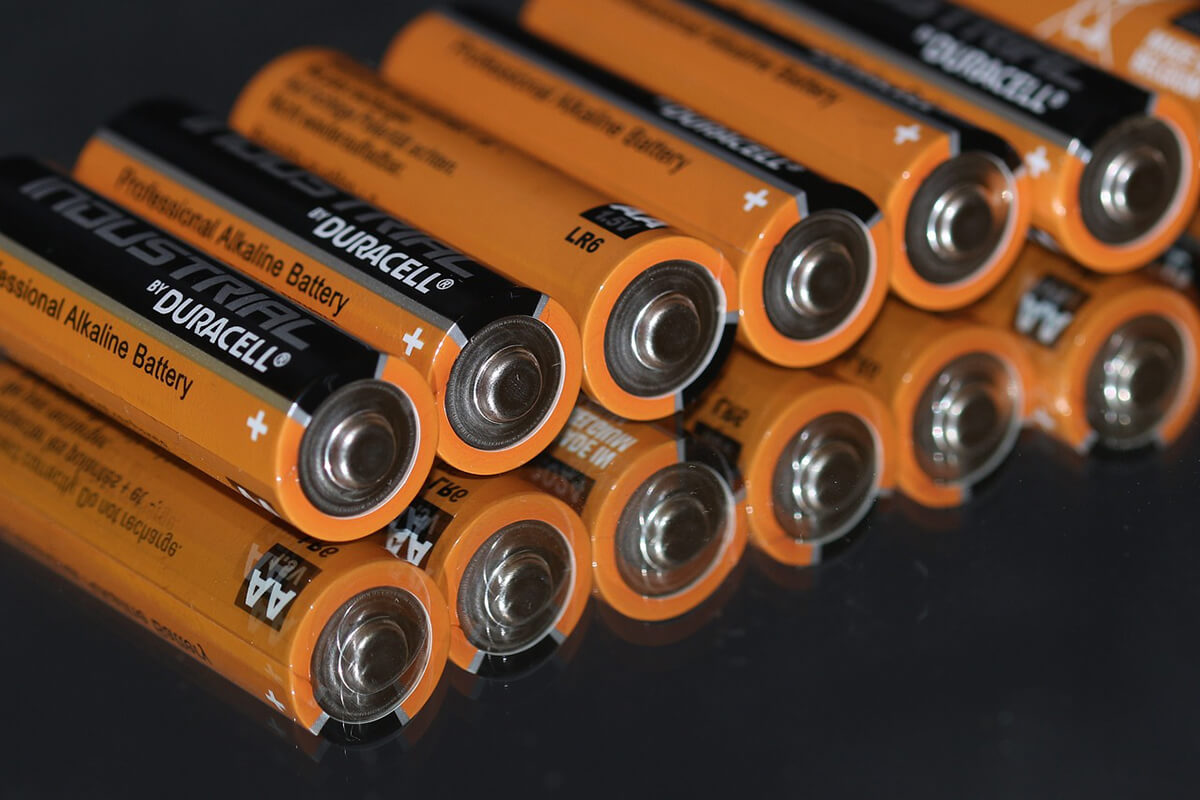
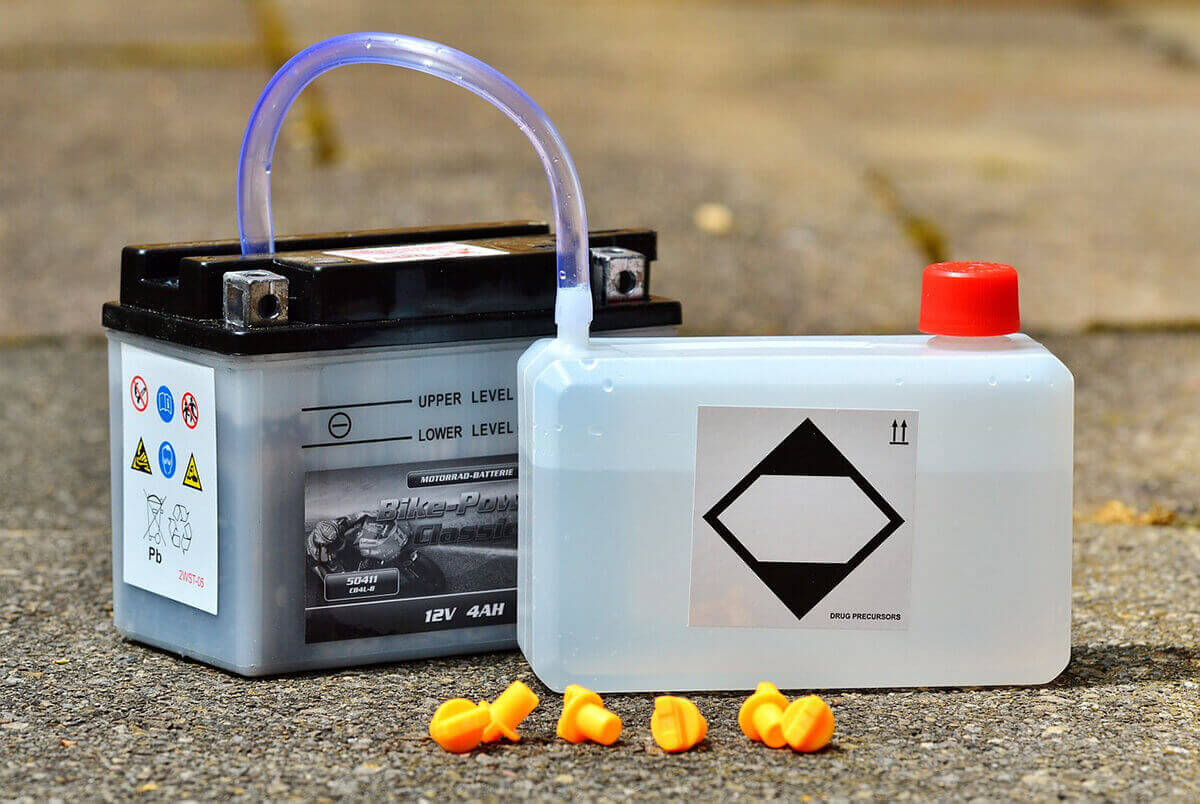
Lithium-ion batteries provide excellent energy efficiency and a long life cycle with minimal maintenance requirements. They tend to be quite costly upfront but may save money in the long run due to their low operating costs.
Flow cell batteries provide extremely long life cycles while maintaining high levels of charge/discharge capability; however, they are only suitable for certain applications due to their complex construction and size limitations.
Nickel-cadmium (NiCd) packs provide reliable performance at a relatively low cost; however, they suffer from the "memory effect" during frequent discharge/recharge cycles, leading to reduced overall lifetime performance if not managed properly.
In summary, there is no one best type of solar battery - each offers its own set of advantages that make it ideal for particular applications depending on user needs and budget constraints. Ultimately you must weigh all these factors carefully before determining which option works best for you!
For more related reading on battery performance comparison:
Lifepo4 VS Lithium Ion: Is Lifepo4 Better Than Lithium Ion?
Lifepo4 Battery VS Lead Acid - Choose the Best for Your Need
Ternary Lithium Battery VS Lifepo4 Battery - Ultimate Battle
Lifepo4 Battery VS AGM Battery - 11 Comprehensive Comparison
Which is the Better Choice: Lifepo4 Battery or Gel Battery?
Cost Considerations
Now that we’ve looked at the types of solar batteries available, let's discuss cost considerations. In general, when installing a solar panel system with battery storage, there are four costs to consider: initial solar panel cost, energy storage cost, battery installation cost, and ongoing battery replacement cost.
The first two—solar panel cost and energy storage cost—are typically lumped together as part of the total “system or “package price. This is usually lower than buying components separately from different vendors. The third factor—battery installation cost—is often considered an extra expense if your installer isn't including it in the package deal. And finally, for those who choose to install a rechargeable battery bank, you'll need to calculate the ongoing maintenance costs associated with replacing them every few years (depending on the type).

When considering these various factors, it's important to make sure you're getting value for money. Make sure any quotes you receive include all fees and taxes so that you can accurately compare prices between companies. Ask questions about warranties too; a good warranty will help protect against unexpected expenses due to poor-quality parts or faulty installations. With careful consideration of both upfront and long-term costs, you can make sure your investment in solar panels takes care of itself over time!
Advantages And Disadvantages Of Solar Batteries
Solar batteries are an essential component of a solar energy system, allowing users to store excess electricity produced during the day for use when the sun is not shining. But understanding their advantages and disadvantages before investing in them is crucial.
Advantages:
- Solar battery efficiency can be up to 95%, meaning almost all of the energy that's stored is available for later use.
- Solar batteries have long lifespans which last from 10 - 20 years depending on usage and maintenance habits.
- Costs associated with installing solar batteries are often outweighed by long-term savings due to lower energy bills.
- Maintenance requirements for most types of solar batteries are minimal compared with traditional storage methods such as diesel generators or lead acid batteries.
Disadvantages:
- Installation costs can be prohibitively expensive, making it difficult to justify investing in a solar battery system if you don't plan on being at your location for a while.
- Battery life expectancy varies greatly between models so doing research beforehand is necessary to make sure you get one that fits your needs and budget.
- Efficiency isn’t always consistent; some days may produce more power than others, leading to an inconsistent amount of electricity being stored over time.
- The cost of replacing a worn-out or damaged battery adds additional expense beyond what was initially invested into the system.
Overall, there are many factors to consider when weighing the pros and cons of purchasing a solar battery system including installation costs, efficiency levels, lifespan, and maintenance requirements among other factors. By taking these into account, customers can make informed decisions about whether investing in this technology is right for them or not.
Maintenance Requirements For Solar Batteries
Solar batteries are an essential part of any solar system. They provide reliable energy storage and can extend the life of a PV system by supplying electricity during peak hours when the sun is not shining. However, even though they are long-lasting and durable, it is important to maintain them in order to get the most out of their performance capabilities. Below is a table outlining some common maintenance requirements for solar batteries:
| Maintenance Requirement | Frequency | Reasoning |
|---|---|---|
| Check battery electrolyte levels and specific gravity monthly (if liquid) | Monthly | Ensure that all cells have proper fluid levels and acidity balance. This will help prevent corrosion within the battery bank as well as maximize its lifespan. |
| Clean terminals quarterly or annually (depending on the environment) | Quarterly/Annually | Corrosion build-up can cause voltage loss which reduces efficiency; therefore regular cleaning should be done to keep connections clean and free from dirt and debris. Additionally, this helps reduce the risk of short circuits or fires, or even explosions, due to sparks from the connectors. |
| Test battery capacity every 6 months (or more often if needed) | Half A Year | Testing ensures that your battery’s charge cycle has been properly managed so you don't risk undercharging, overcharging, or draining too quickly resulting in decreased performance or total failure of your system. |
Keeping these simple yet effective steps in mind can go a long way toward ensuring optimal performance from your solar battery setup for years to come! With proper upkeep, you'll rest easy knowing that your photovoltaic installation is running at peak efficiency without having to worry about unexpected breakdowns or costly repairs down the line.
System Sizing Requirements
When it comes to sizing solar systems, the size of your photovoltaic panels and batteries are essential. Solar panel sizing is determined by the amount of energy you would like to generate per day. Photovoltaic sizing involves selecting a system that can produce enough electricity for your home's needs. As part of this process, you'll need to think about how much power you use during peak hours, as well as when energy demand drops off at night.
The next step in system sizing is determining your battery capacity requirements. This will depend largely on how much energy storage capacity you require based on the number of days without sunshine or high winds that may affect solar output. To determine what size battery bank you need, you must consider what type of load (appliances) will be powered from your system and also account for any potential emergency loads such as medical equipment or refrigeration units.
Finally, it’s important to take into account both short-term and long-term weather patterns when considering solar array sizing and energy storage sizing. You should factor in seasonal changes in temperature and cloud cover levels so that your setup can accommodate variable performance over time while still providing reliable operation. With careful consideration and accurate data analysis, an optimized solar system design can provide maximum efficiency regardless of location or climate conditions.
Renewable Energy Certificates (Recs)

Did you know that the renewable energy certificate (REC) market is estimated to be worth over $10 billion in 2020 alone? RECs are an important part of the solar industry, and understanding their role is key for anyone considering installing solar panels.
RECs represent proof that a certain amount of electricity was generated by renewable sources such as solar or wind power. They are used to incentivize companies to produce more clean energy and can even be bought and sold between entities on the open market. Consumers who purchase RECs will typically pay extra to ensure they're using green energy produced from renewables instead of fossil fuels.
There are many different REC policies across states, including federal tax credits which provide additional incentives for homeowners looking to install solar systems with batteries included. Additionally, there's a growing number of REC trading platforms online which make it easier than ever for consumers to buy and sell RECs without having to go through intermediaries or brokers.
In short, investing in RECs provides a way for people interested in supporting renewable energy production while also offering financial benefits associated with purchasing certificates rather than just relying on traditional utility bills. It’s clear why this has become such a popular option amongst those looking to take control of their own energy usage!
Grid-Connected Vs Off-Grid Systems
When it comes to solar panels, there are two main types of systems - grid-connected and off-grid. Each system has its own advantages and disadvantages, so it's important to understand the differences between them before making a decision.
A grid-connected system is connected directly to the electrical grid, meaning that any excess energy generated by the solar panels is sent back into the grid for others to use. This type of system requires little in terms of battery storage as all power needs can be met from either the electricity produced or sourced from the electric utility company when needed. However, this kind of system does require additional components such as an inverter which will convert DC power generated by the solar panel into AC power used by your home or business.
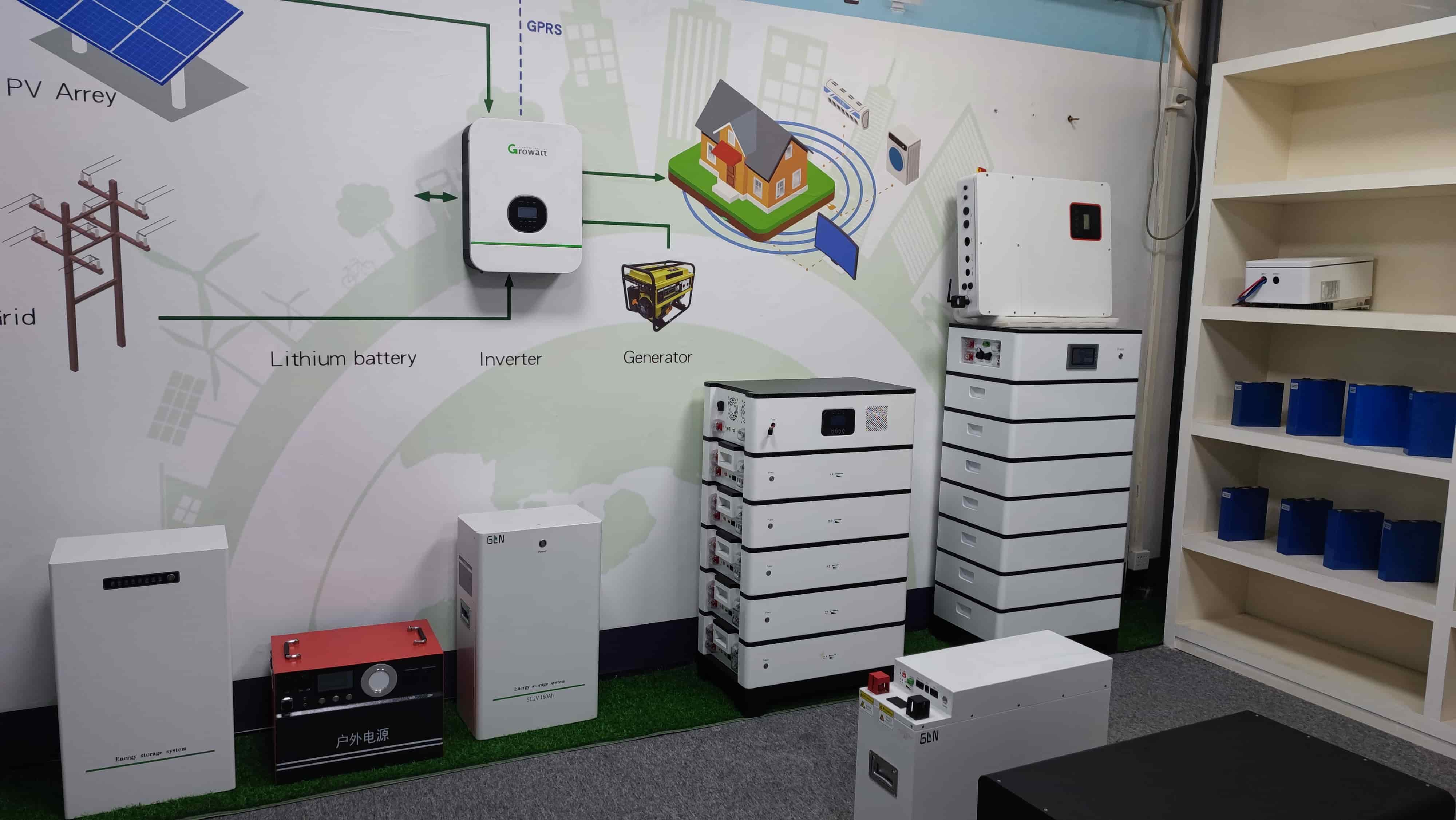
An off-grid system is not hooked up to any external power source like an electric utility company; instead, it relies solely on the energy produced by its own solar array and stored in batteries. This means more upfront costs due to needing larger battery banks capable of storing higher amounts of energy than what may be necessary with a grid-connected setup. Furthermore, you must monitor closely how much energy you’re producing and consuming so you don’t run out at night or during cloudy days. Despite these challenges, having an off-grid system allows you complete autonomy over your energy usage and eliminates dependence on outside sources.
No matter which type of setup you choose, they both have benefits that make them viable options depending on individual circumstances such as budget constraints or geographical location. Understanding your specific requirements will help guide you toward selecting a suitable solution for meeting your renewable energy goals whether that’s through a grid-connected system or an off-grid one powered entirely by solar panels backed up with battery storage.
Different Business Models For Battery Storage Systems
The sun is a powerful and reliable source of energy, but it can be unpredictable. To ensure that solar panels remain effective, they need to be supplemented with batteries. Battery storage systems provide the necessary backup when there are fluctuations in sunlight intensity or periods of darkness. There are several different business models for battery storage leasing that allow homeowners and businesses to access this technology without having to make a large upfront investment.
Battery-storage leasing allows customers to pay a monthly fee instead of buying an entire system outright. This way, they can enjoy all the benefits of owning their own solar power system while avoiding the high initial cost associated with purchasing one from scratch. Solar-battery-leasing also makes sense for those who want more control over how much electricity their system produces and stores on any given day. Customers may opt for a set amount each month, or adjust their payments depending on usage levels at any given time.
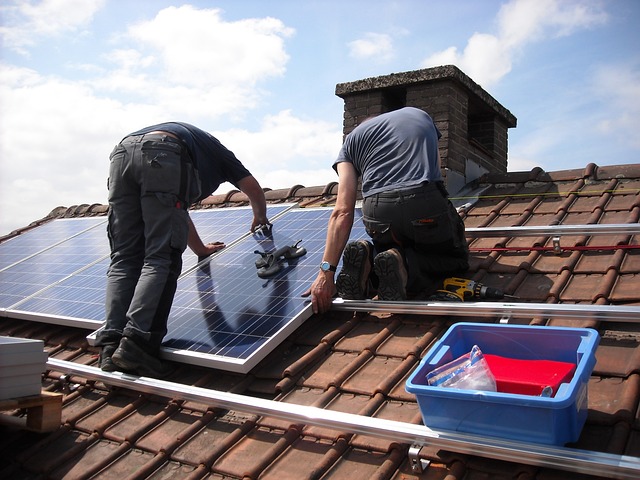
Energy-storage leasing is another popular option for those looking for more control over their solar panel output but lacking the financial means to purchase an entire system upfront. With this type of agreement, customers sign contracts based on estimated energy consumption needs so that utility companies can install and manage the equipment accordingly and credit them with the appropriate savings each month. Finally, some businesses offer battery-system-leasing or solar-system-leasing services which involve renting out preconfigured systems tailored specifically to customers’ individual requirements rather than relying on estimates or assumptions about future demand patterns.
These various leasing options provide customers with greater freedom and flexibility in terms of controlling their electricity production costs while still allowing them to take advantage of renewable energy sources like solar power. By selecting the right model for their situation, users can maximize both short-term savings as well as long-term returns by taking full advantage of available incentives and subsidies.
Environmental Impact Of Battery Storage Systems
The environmental impacts associated with battery storage systems are important to consider. If not managed correctly, they can lead to solar battery pollution, and have a negative impact on the environment. This is why it’s essential that we identify ways to reduce emissions from battery storage systems.
One way of achieving this is through improved efficiency levels in our existing batteries. By improving the efficiency of these systems, we can significantly reduce their emissions output. Additionally, by investing in newer technologies such as lithium-ion batteries, we can further reduce emissions and waste generated from them.
Finally, for those looking for alternative methods of energy storage other than batteries, there are many renewable options available today including solar panels. Solar panel technology has evolved over time and now boasts high levels of efficiency and low levels of waste generation when compared to traditional battery solutions. Not only does this mean a reduced amount of solar energy waste but also fewer carbon dioxide emissions overall - making it an attractive option for anyone interested in reducing their environmental footprint while still capturing the power of the sun's rays.
Regulations And Incentives
It is often thought that solar panels are cost-prohibitive and only available to the wealthy. However, there are many regulations in place that make it easier for people of all income levels to install batteries and other renewable energy systems.
The availability of incentives such as federal tax credits, state rebates, and local subsidies makes buying batteries more affordable than ever before. Renewable Energy Credits (REC) also help offset the initial costs associated with battery storage installation. Solar panel tax credits can be used towards purchasing new or used equipment while solar panel rebates provide an additional incentive to purchase a system outright.
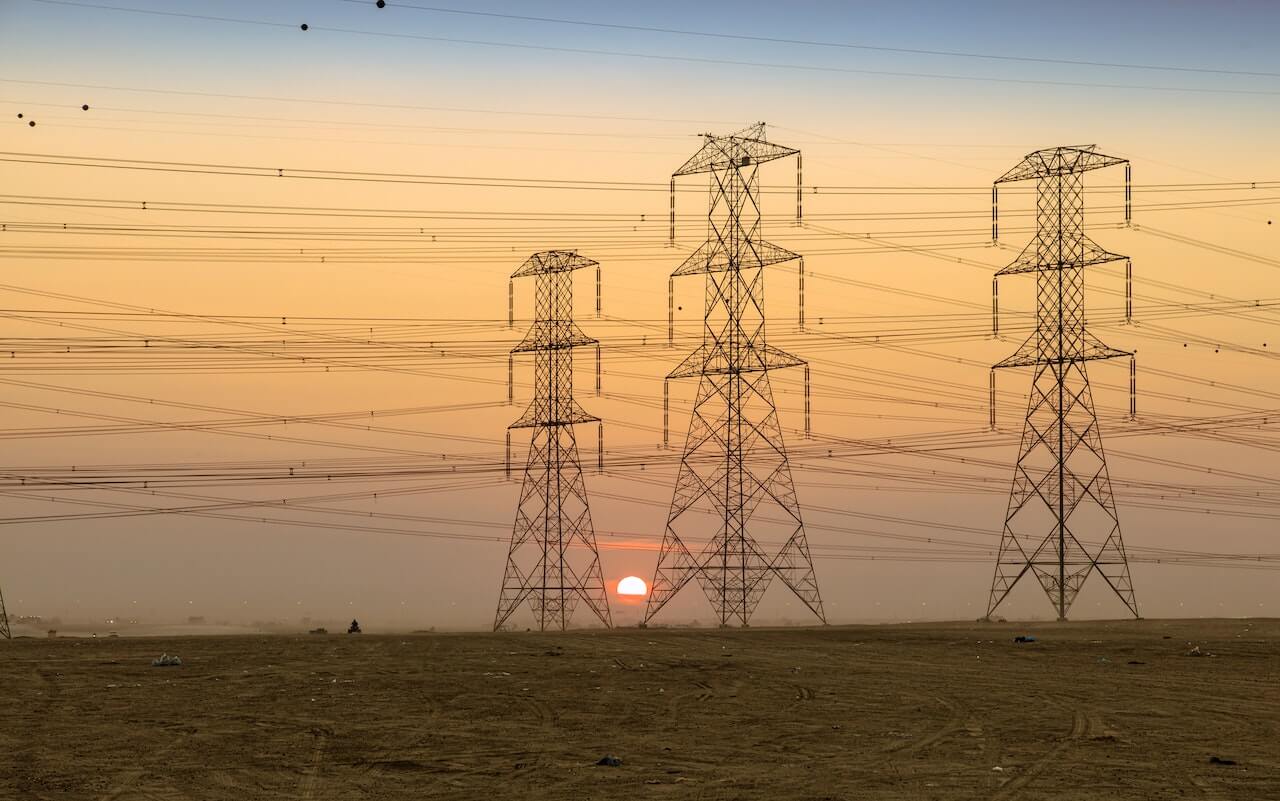
In addition to these financial benefits, some states offer net metering programs which allow homeowners to sell excess electricity back into the grid at retail rates. This provides another source of revenue for those who have invested in a battery storage system.
Battery storage technology has become increasingly popular due to its ability to increase the efficiency of home energy use without having added expense or emissions output on behalf of the homeowner or utility provider. With a wide range of incentives and regulations in place, investing in battery storage systems is not only beneficial from an environmental standpoint but financially appealing as well.
Future Prospects Of Solar Panel Technology
Solar panel technology has been advancing rapidly in recent years, and the future looks even brighter. Photovoltaic systems are becoming more efficient at harvesting light energy from the sun while reducing costs. This allows solar power to become a viable renewable energy source for both residential and commercial applications. Solar batteries offer an additional means of storing this solar energy to be utilized when needed.
The development of better storage solutions is key to furthering the potential of solar panel technology. New technologies such as graphene-based supercapacitors or vanadium redox flow batteries could drastically improve current methods of energy storage, particularly for large-scale installations that require many hours' worth of stored energy backup capacity. With these developments, solar-powered electricity will be able to compete with other forms of traditional grid-supplied baseload generation such as coal-fired plants or nuclear stations.
The prospects for solar battery systems look promising too, especially in remote locations where access to traditional forms of energy can be difficult or expensive. There are now several companies offering off-grid solutions that provide reliable sources of power without having to rely on diesel generators which often produce noxious emissions and generate noise pollution. The introduction of smart microgrids into neighborhoods also allows households and businesses to share excess electricity they have generated throughout their connected network increasing reliability and efficiency while reducing cost significantly compared to conventional grids dependent on fossil fuels.
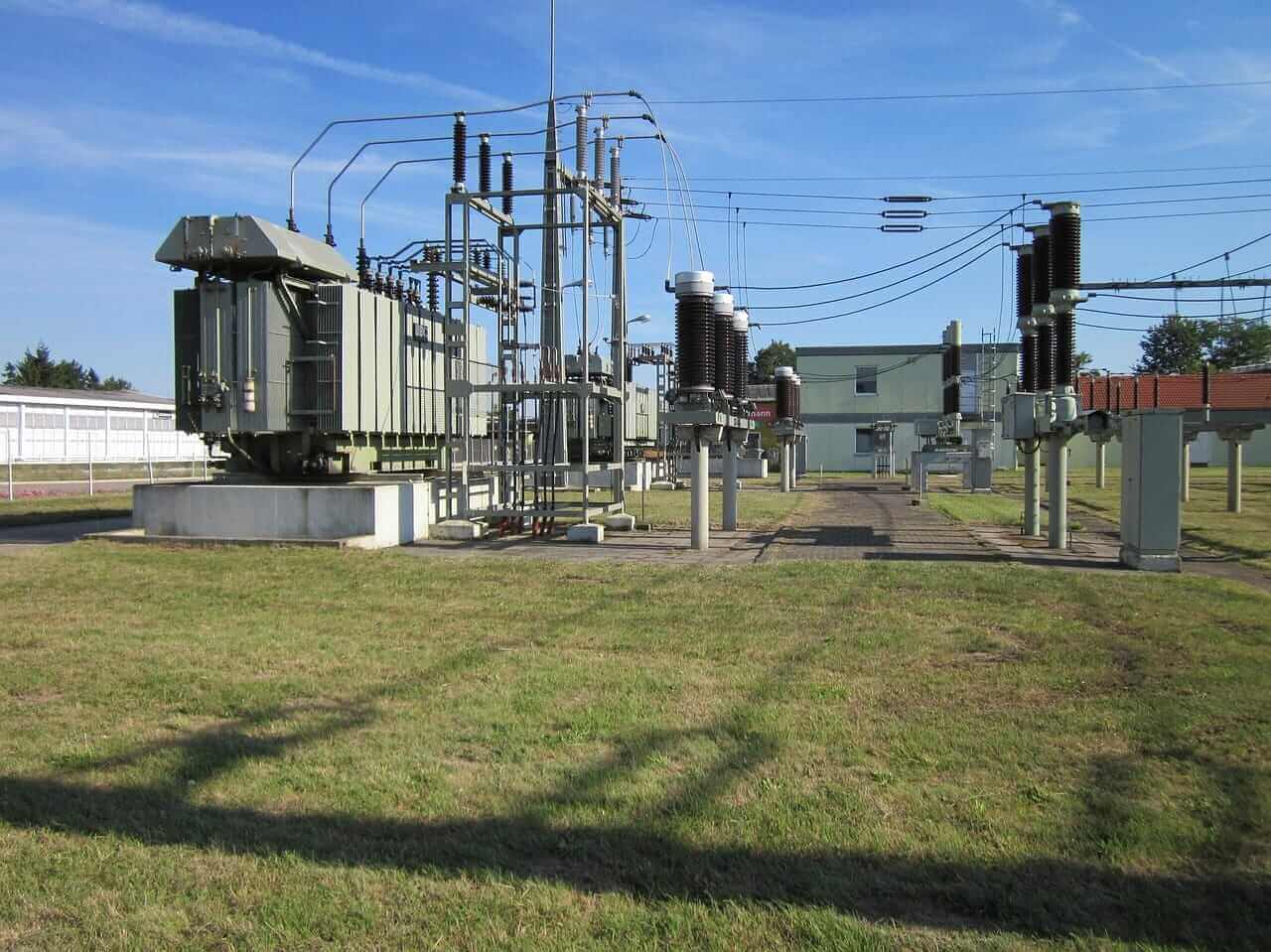
As technological advancements continue to take place, we can look forward to seeing more innovative approaches towards integrating photovoltaic cells into our lives, ensuring continued growth in renewable energy production across the globe and providing us with greater control over our own clean energy consumption needs.
Conclusion
To conclude, solar panel technology offers many benefits that can help to reduce our dependence on fossil fuels. It is clear that battery storage systems are essential for making the most of this type of renewable energy source; they allow us to store excess energy generated during peak times and then use it when needed. Interestingly, some experts estimate that installing a home battery system could save an average household up to £500 per year in energy bills.
The global market for solar batteries has been growing rapidly over recent years as more people become aware of their environmental impact and governments put regulations and incentives in place to encourage adoption. In addition, research into different types of batteries continues to offer new opportunities for improved performance and cost savings.
We have seen how solar panels need batteries in order to make the most out of this clean energy source, both from an economic and environmental perspective. With advances in technology, we may soon be able to enjoy even greater access to affordable, reliable renewable energy sources something that will surely benefit everyone involved!
